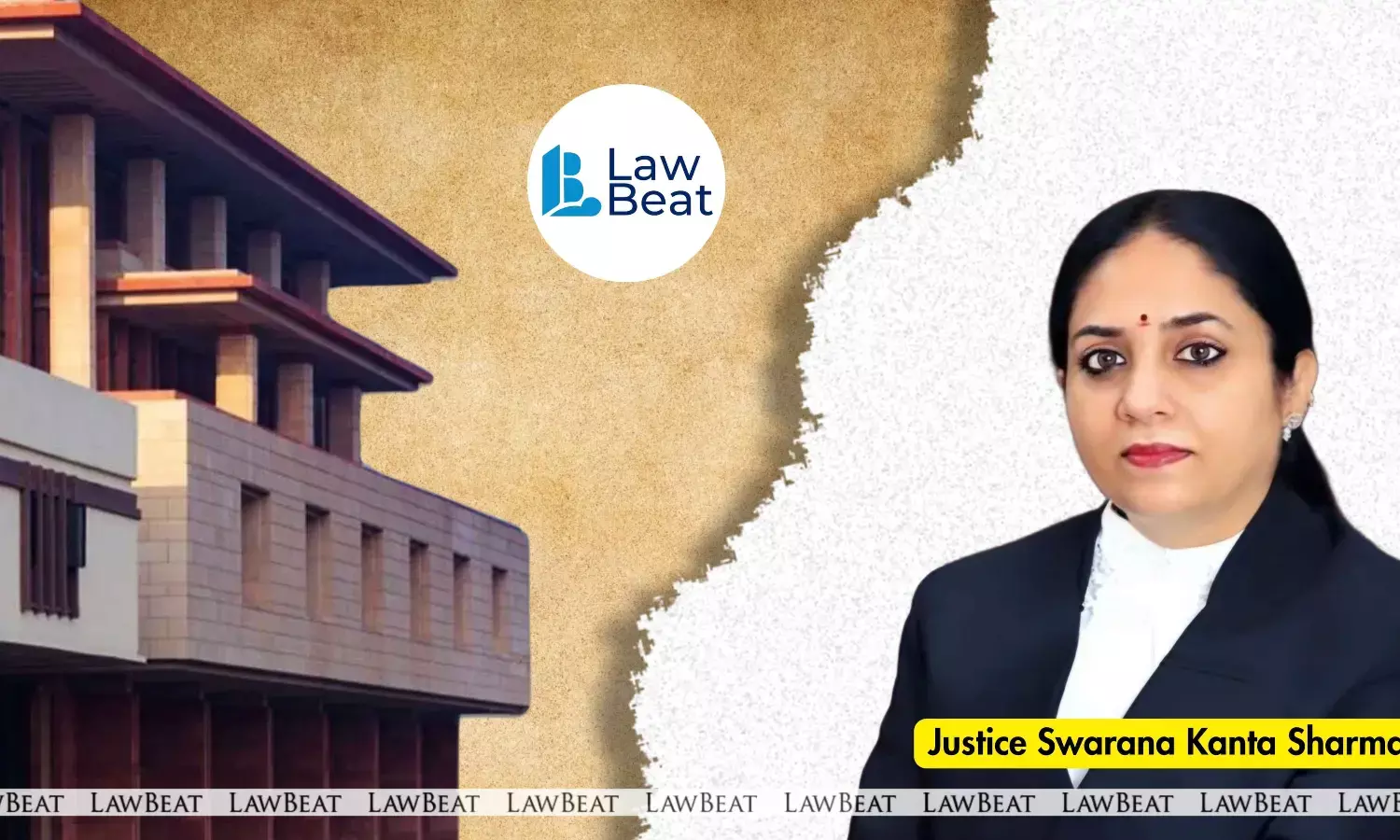No Assertion Of Resistance Or Physical Force: Delhi HC Clears Husband of S.377 IPC

In a recent ruling, the Delhi High Court partially overturned the trial court’s order that had framed charge under Section 377 of the Indian Penal Code, 1860, against husband. The High Court held that in the context of a marital relationship, the provision could not be invoked in the absence of clear allegations of non-consensual sexual acts.
Justice Swarana Kanta Sharma, while allowing the revision petition, observed, "it is evident that there is not even a basic allegation by the complainant that the act of oral sex was performed without her consent. There is neither any assertion of resistance nor any mention of physical force, threat, intimidation, or any element that would negate consent. In the absence of such an averment, the essential ingredient of lack of consent – central to constituting an offence under Section 377 of IPC post-Navtej Singh Johar between any two adults – is clearly missing. Thus, there is not only a lack of prima facie case, but even the threshold of strong suspicion is not met."
Brief Background
The case arose from a complaint by the wife, who alleged that her husband was unable to consummate the marriage despite taking medication.
When she raised this concern with her in-laws, she was allegedly assaulted.
Later, while staying at her parental home, she claimed her father-in-law attempted to rape her. According to her, the marriage was a plot by her husband and father-in-law to exploit her financially and sexually.
An FIR was subsequently registered under Sections 354, 354B, 376, 377, and 323 IPC.
The wife stated in her Section 164 CrPC testimony that the couple engaged in oral sex during their honeymoon in Manali. The trial court treated this as non-consensual and framed a charge under Section 377 IPC.
Challenging this, Advocate Mohd. Mustafa, appearing for the husband, argued that there was no claim of coercion or lack of consent.
He highlighted inconsistencies in the wife’s narrative; she alleged both impotence and non-consensual sexual acts, without clearly stating that any act was forced.
Observations by the Court
The High Court analysed the scope of Section 377 IPC post the Navtej Singh Johar v. Union of India (2018) decision, which decriminalised consensual sexual acts between adults. It noted that after the 2013 amendment, Section 375 IPC, while broadening the definition of rape, retained Exception 2, which exempts a husband from rape charges within marriage (where the wife is above 15 years).
The Court emphasised that in the absence of allegations of force or absence of consent, Section 377 cannot apply.
It was further reiterated that while framing of charges requires only a prima facie case, even that threshold wasn’t met.
Accordingly, the High Court quashed the order framing charges under Section 377 IPC against the husband, clarifying that consensual sexual acts between married adults fall outside the scope of this provision.
For Petitioner: Advocate Mohd Mustafa, Ratnesh Tiwari, Arpita Biswas and Maroof
For Respondent: Additional Public Prosecutor Rajkumar
Case Title: X v State (2025:DHC:3626)
